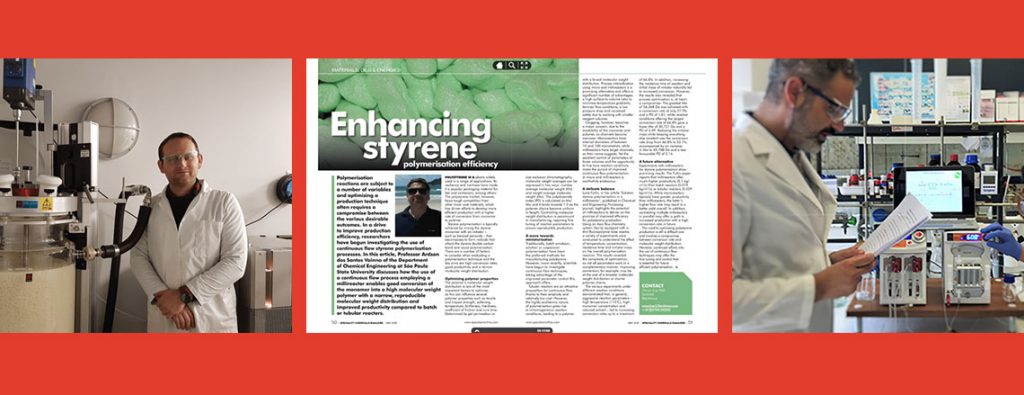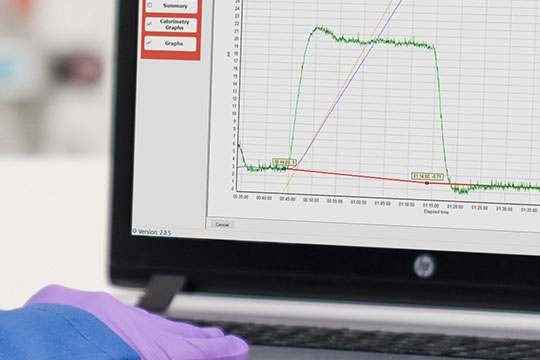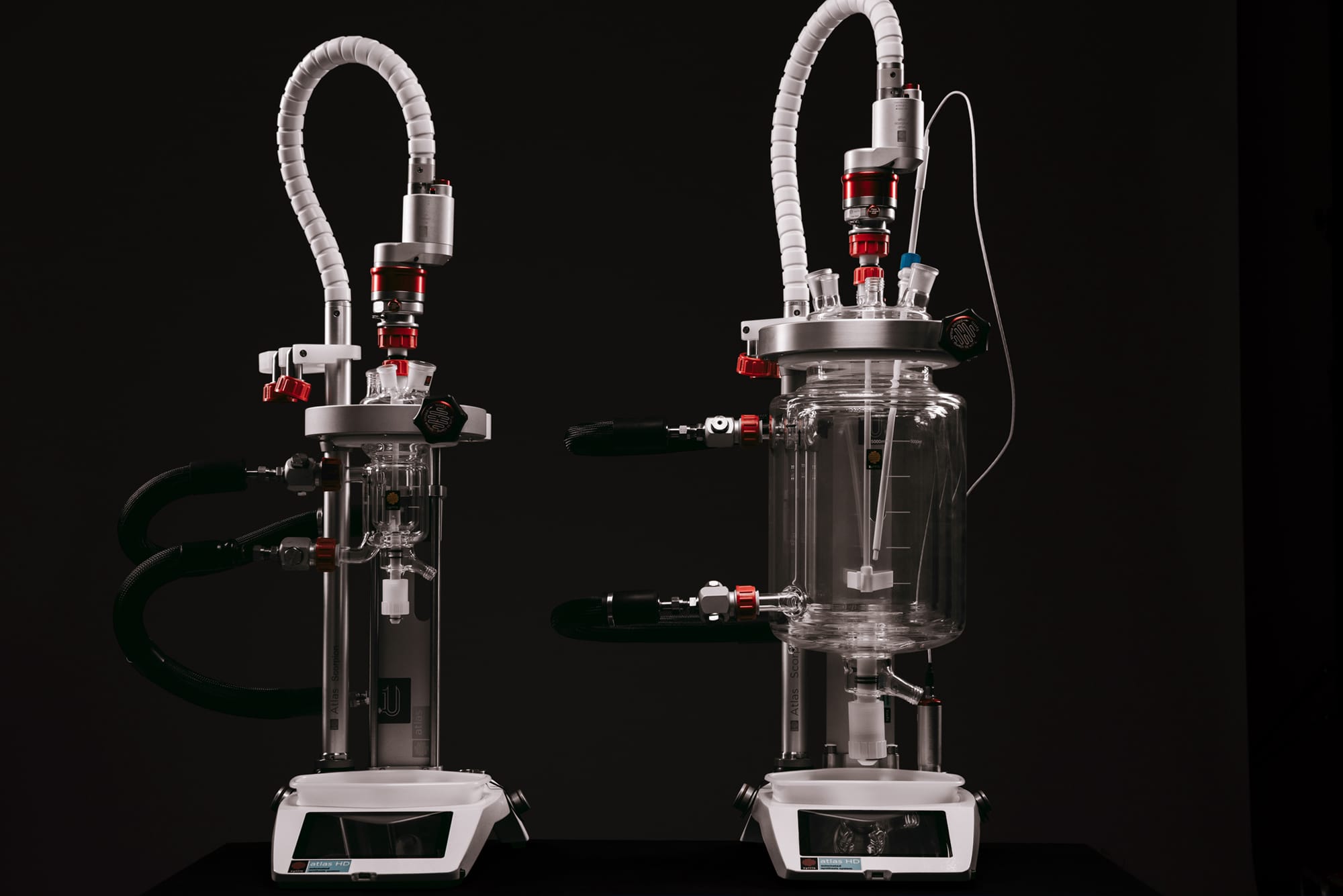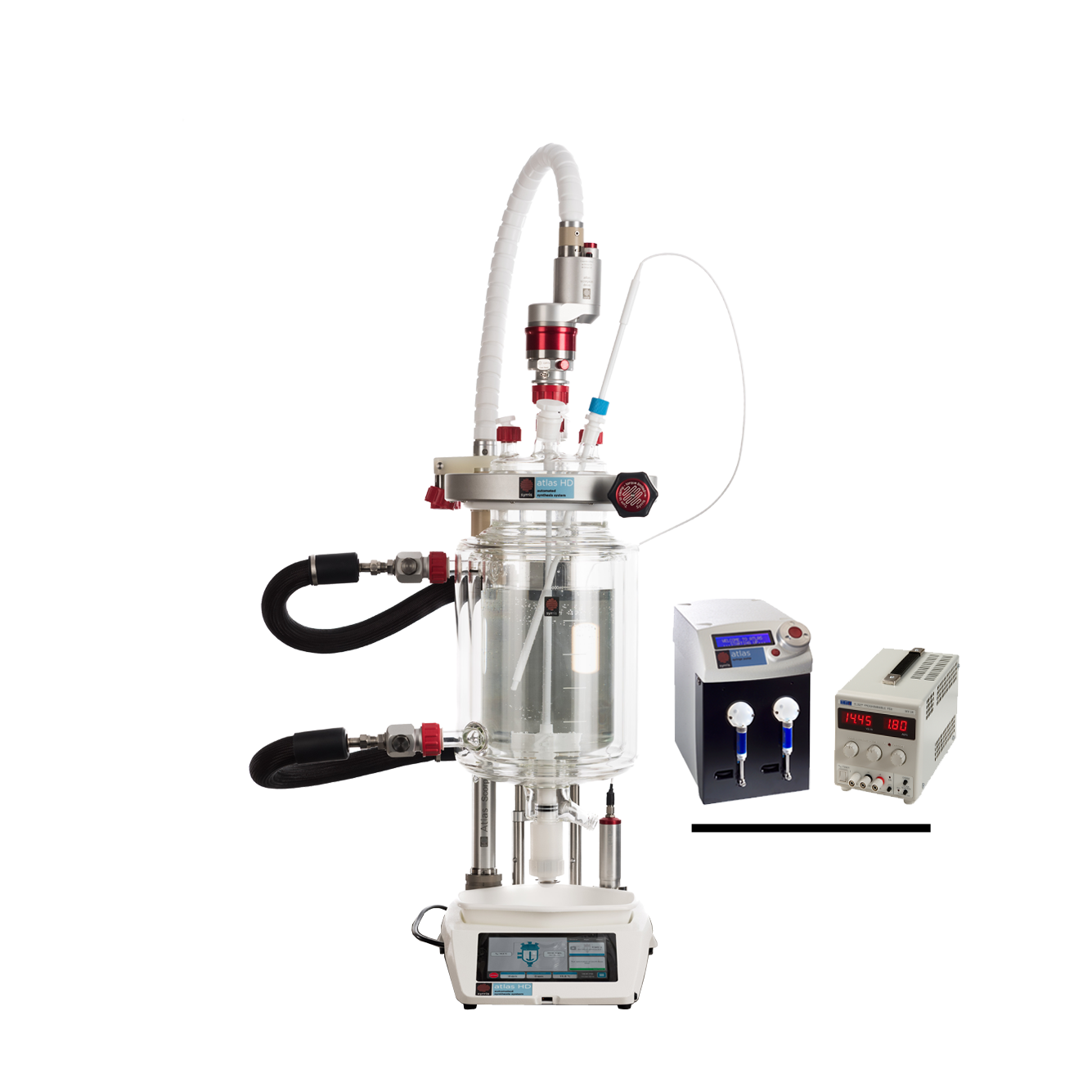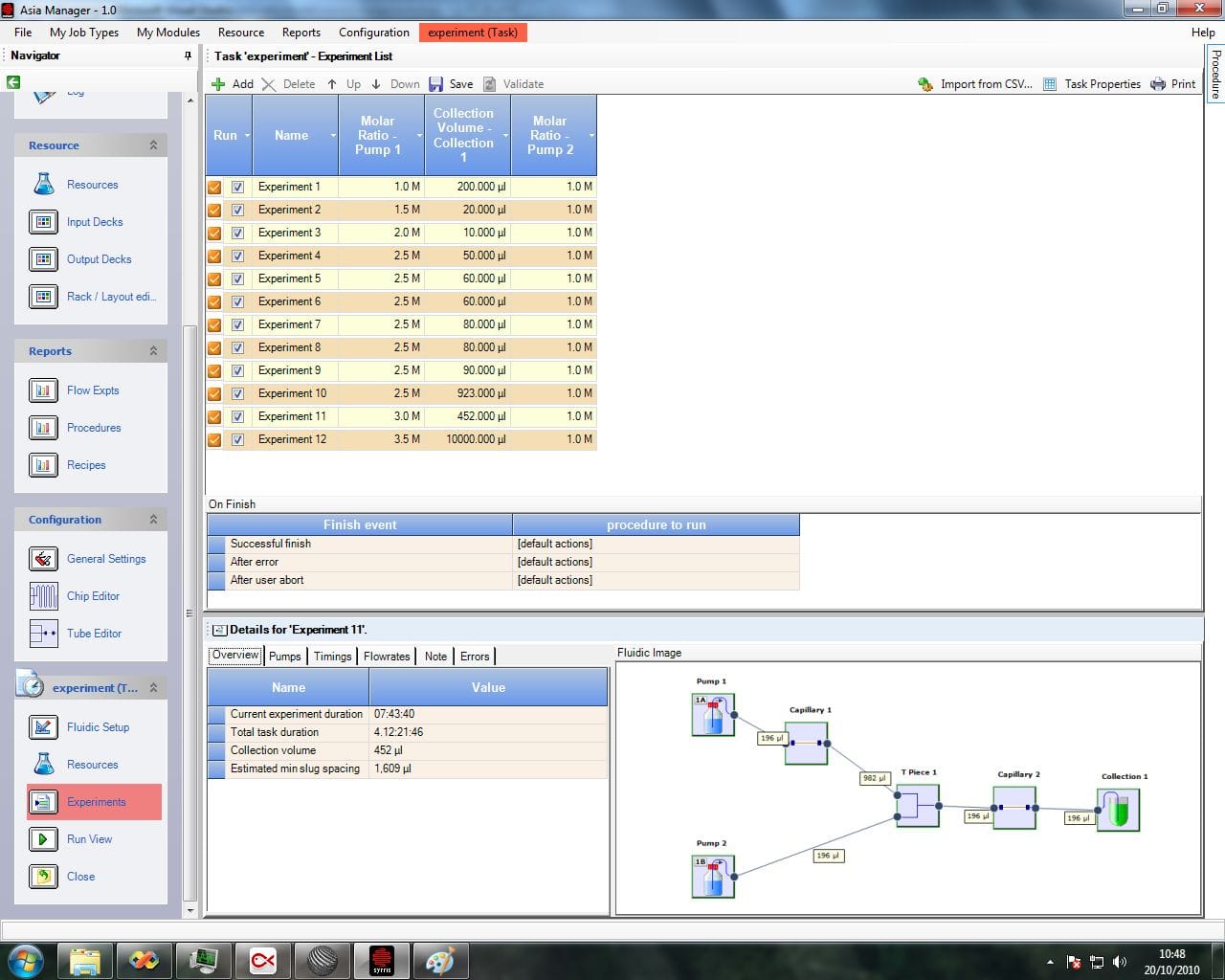Atlas Reaction Calorimeter improves the safety of manufacturing coal tar and basic and fine chemicals
A Syrris Atlas Calorimeter is proving advantageous to the Kyushu works manufacturing technology department of Nippon Steel & Sumikin Chemical Co., Ltd. in Japan, aiding scale-up of new product processes.
Mr. Kenji Umeda from the Production & Technical Department explained:
“Our department performs mass production studies for new product development, supporting the company’s business of manufacturing coal tar, basic and fine chemicals. During product development, we undertake a series of processes from small-scale laboratory studies through to large-scale production. To ensure safe practices, we need to acquire calorimetric data during process scale-up and, after looking at various products, chose the Atlas Calorimeter with optional Atlas Syringe Pump for its accuracy and ease of use.
We have had the Atlas Calorimeter for about a year now, and use it on a regular basis for new product development processes. The system was easy to implement in our laboratory and provides additional capabilities that have not previously been available, allowing us to perform multi-step calorimetry experiments and automatically calculate calorimetric data from the experimental results. The Atlas Calorimeter’s accurate temperature control and reproducibility are particularly beneficial, helping to improve the precision of our studies. Syrris is very helpful – the company even translated the manual into Japanese – and always responds promptly to our requests.”
Discuss your chemistry today
Nippon Steel & Sumikin Chemical Co., Ltd used the Atlas reaction calorimeter system which has since been upgraded to the Atlas HD Reaction Calorimeter system with integrated, intuitive touchscreen control and automation.
To discuss your safety and scale-up needs, reaction calorimetry, or Atlas HD and its many applications, contact us today to speak to a Syrris chemist.
The system was easy to implement in our laboratory and provides additional capabilities that have not previously been available, allowing us to perform multi-step calorimetry experiments and automatically calculate calorimetric data from the experimental results.”
